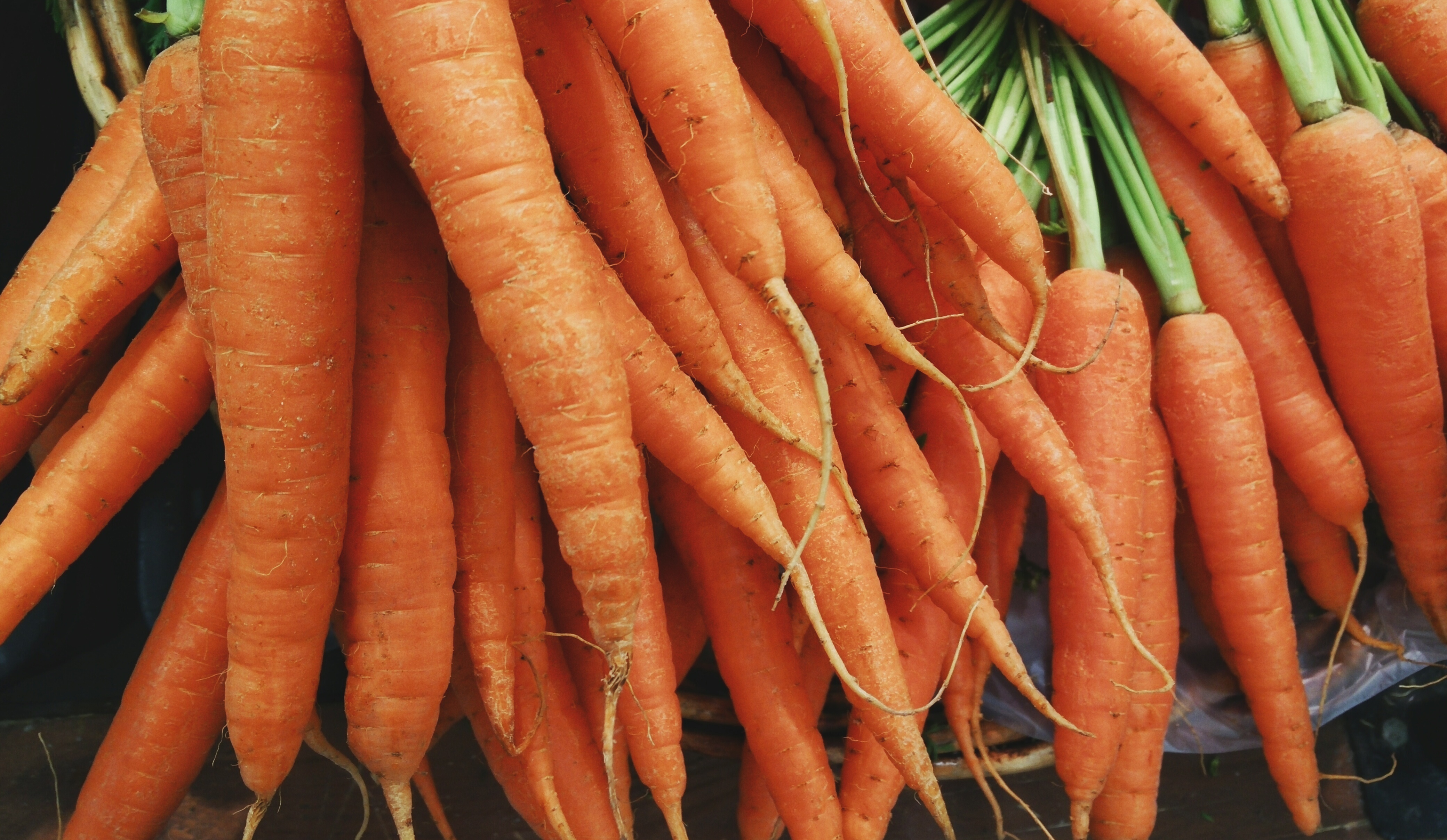For the average person, there are a number of specific nutrients they may be short in. These include: vitamin D, calcium, magnesium, vitamin A, potassium and fibre.
Each of these nutrients plays an important role in maintaining different aspects of your health.
Balancing your intake in these nutrients is one of the most important steps you can take to ensuring good health, but this is not always easy to achieve, especially in the face of financial limitations.
It’s important to realize that it does not need to cost a fortune to eat well.
In order to help you ensure adequacy in these nutrients, today’s article will share with you an inexpensive healthy food that is particularly high in each of the aforementioned nutrients.
1. Carrots – Vitamin A: A classic household favourite, it will only take a single large carrot to get you to your vitamin A requirement for the day.
2. Canned Salmon – Vitamin D: There are very few foods that naturally contain a significant amount of vitamin D and canned salmon is one of them. Depending on the specific variety of canned salmon you purchase, a 75 gram serving of this fish will usually offer you over half of your daily vitamin D requirement, and also provide you with healthy omega 3 fatty acids.
3. Bananas – Potassium: Bananas are among the most inexpensive and convenient fruits you could purchase on a regular basis and they also happen to be one of the highest food sources of potassium too.
4. Lentils – Fibre: Per Canadian Food Guide serving size, lentils are among the highest fibre foods you can eat. The canned varieties are inexpensive , extremely easy to prepare and an excellent source of protein. Lentils also have the added bonus of being high in iron and folate, two nutrients of special concern to young women.
5. Sunflower Seeds – Magnesium: Sunflower seeds are relatively inexpensive, can be purchased in bulk and are among the highest food sources of magnesium with ¼ cup giving you about 25% of your daily requirement.
6. Cow’s Milk – Calcium: Although everyone knows I prefer soy, cow’s milk offers you an even cheaper ( due to ability to buy in bulk, dairy subsidies and so on) way to hit your calcium requirements. There are several foods out there that contain calcium (nuts, seeds, leafy greens, legumes), but unless you consume these foods regularly and in good supply, it may be difficult to hit your calcium requirements. When it comes to the amount of calcium, the cost effectiveness of cow’s milk is hard to match.
Incorporating these six relatively inexpensive foods into your diet on a regular basis will do wonders for ensuring adequacy in your nutrient intake. Although these are not the only foods you need to be healthy, they do a good job of addressing the nutrients you are may be most likely to be short in.
Andy De Santis RD MPH



